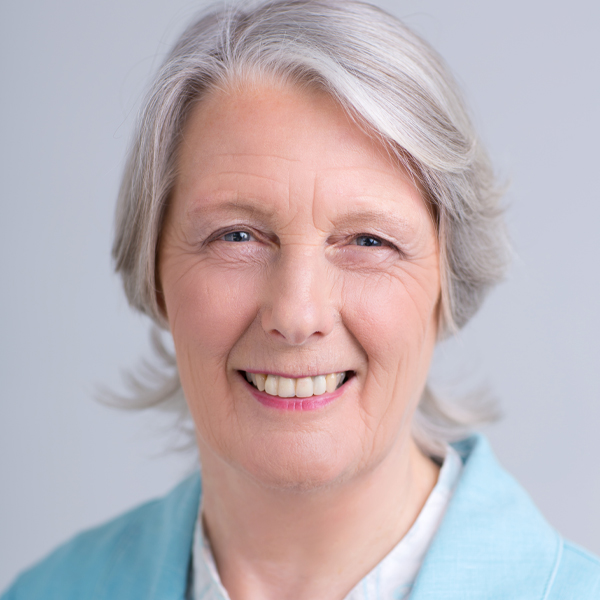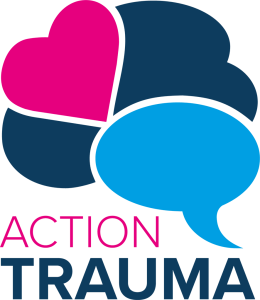
Felicity Evans
BIO
Felicity Evans has dedicated her life to supporting the wellbeing of children, young people, and their families—particularly those navigating the challenges of neurodivergence, trauma, and stress.
Her journey began in the 1970s as a teacher at High Wick, where an innovative approach brought education and health together to support eighteen deeply distressed, withdrawn, or challenging children. Throughout the 1980s, she continued to focus on children with developmental and behavioural needs, deepening her understanding of the links between health and learning.
In the 1990s, as a Special Educational Needs Coordinator (SENCO), Felicity developed inclusive school structures designed to help all children learn with confidence and joy. This ethos led to the founding of NatureKids in 2000—an initiative for children unable to manage in mainstream education. There, Felicity helped each child discover their own potential and thrive in a safe and nurturing environment.
More recently, a transformative encounter with a struggling teenager led Felicity to the science of hypermobility, now recognised as being strongly linked with many aspects of neurodivergence. Her work now centres on sharing the research and tools that address the physical, neurological, and emotional impacts of hypermobility—paving the way for what she calls “Hyper and Happy,” a hopeful and empowering theme for children, parents, and professionals alike. Felicity is currently writing a book entitled Hyper and Happy, which outlines her practical six-step method for supporting neurodivergent children to thrive.
WORKSHOP OVERVIEW
Hyper and Happy: Understanding Hypermobility as a Key to Neurodivergent Wellbeing
Join Felicity Evans for an insightful and experiential workshop exploring the powerful, often overlooked role of hypermobility in understanding and supporting neurodivergent children and adults.
While hyperactivity and hypersensitivity are familiar aspects of neurodivergence, hypermobility—a physical condition affecting joints, connective tissue, and the nervous system—is rarely discussed. Yet its connection to neurodivergence is now scientifically supported and widely observed.
Felicity draws from decades of hands-on experience to share how recognising hypermobility can shift our perspective:
- From waiting for diagnoses to spotting visible signs of hypermobility and offering immediate, practical support.
- From viewing visceral hypermobility and the associated Fright, Fight, Flight, Freeze, and Fawn responses as character traits or behaviour issues, to understanding them as underlying physical, neurological, and emotional patterns.
- From overlooking the trauma of hypermobility to realising how this trauma can lead to addictive patterns with toddlers to teenagers and into adult life.
- From minimising trauma and stress in adults and children, to actively enabling them to achieve greater enjoyment, wellbeing, and brilliance.
Felicity shares how our attitude and words can support the instability of hypermobility and enable each adult or child to shine in their own unique ways.
This session includes open discussion and everyday language— no clinical expertise required. Many participants may find themselves reflecting on their own childhoods or current circumstances with fresh understanding and compassion.
LEARNING OBJECTIVES
- Identify the characteristics and signs of hypermobility and understand how they relate to neurodivergence in both children and adults.
- Develop awareness of the physical and neurological implications of hypermobility, including its effects on behaviour, emotional regulation, and sensory processing.
- Reframe challenging behaviours by recognizing them as potential responses to unrecognized physical needs rather than solely psychological or behavioural issues.
- Gain practical strategies for offering immediate, compassionate support to individuals showing signs of hypermobility—without waiting for formal diagnoses.
- Encourage self-reflection and empathy through experiential learning and open discussion, fostering deeper understanding of personal and interpersonal experiences related to hypermobility.



